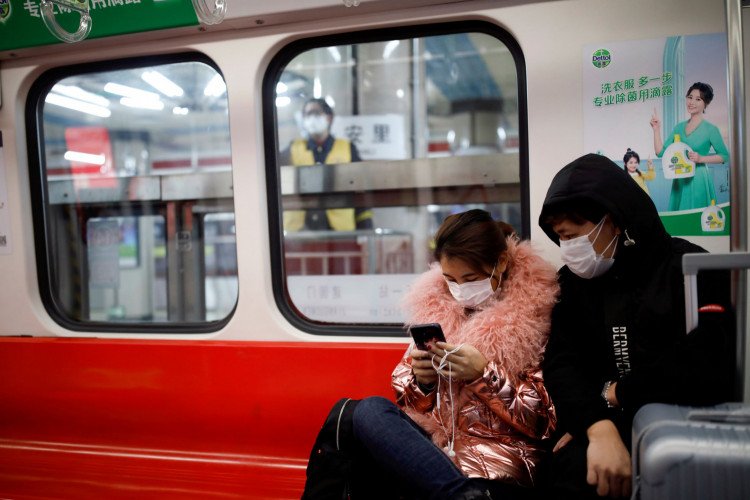The World Health Organization admitted Monday that it made a mistake when it initially rated Wuhan coronavirus as a "moderate" threat to the world. The United Nations health body now declared that the threat worldwide is "high."
In China, WHO said the threat is now "very high at the regional level and high at the global level." Indeed, mainland China now saw more than 100 people who died and more than 4,500 confirmed cases.
Elsewhere in the world, there are more than 70 confirmed cases in different cities and provinces. The United States now has five confirmed cases. Thailand has just confirmed 14 cases of coronavirus while Hong Kong now has six and Macau also six.
Australia said it has five confirmed coronavirus infection. Japan has four, Malaysia has four also, and Singapore has four as well. Taiwan confirmed five coronavirus infections, two in Vietnam, one in Nepal, three in France, four in South Korea, one in Cambodia, one in Germany, and one in Sri Lanka.
With the now apparent risk of the coronavirus, U.S. health officials want to fast-track a coronavirus vaccine. The Trump administration wants its team to star the early-stage trial within the next three months. A health expert said the timeline is viable but entering the phase 1 trial does not guarantee that a vaccine will be developed soon.
The team tasked to develop coronavirus vaccine will have to gather animals for testing. Afterward, they need to convince human volunteers to test the vaccine. To compare, scientists had their first human trials for the Ebola vaccine in November 2014 but approval for came only in December 2019.
In the meantime, authorities are doing precautionary measures to contain the virus. The U.S. Centers for Disease Control and Prevention dissuaded further travel to China and raised the warning to the highest level. At the same time, the U.S. government is now monitoring passengers that are coming to and from in the country's 20 airports. As of press time, there are about a hundred American citizens being monitored for coronavirus symptoms.
In relation to preventive measures already in place in U.S. airports, United Airlines has become the first in the U.S. to temporarily cut flights going to three cities in China. It suspended flights scheduled from February 1 to February 8 to Beijing, Hong Kong, and Shanghai. The airlines said it was compelled to do so because there has been a significant decline in demand from travelers for those routes.
Twenty-four round trips have been affected by United's decision, including Hong Kong to San Francisco and Newark; Beijing to Washington Dulles, Chicago O'Hare and Newark; Shanghai to San Francisco, Newark, and Chicago O'Hare. United, American Airlines and Delta Airlines are waiving fees for changing flights.
Elsewhere, countries are warning citizens against non-essential travel to China. Different governments are also arranging to get their citizens from Wuhan.
The European Union dispatched two flights to get about 350 EU citizens from Wuhan. The instruction was to only evacuate those citizens who are not yet infected. Even those with suspected symptoms are no longer allowed to fly.
The United Kingdom, meanwhile, has yet to announced confirmed cases out of 97 people currently under observation. The U.K. has also arranged flights that will get its citizens out of Wuhan.
The same preventive measure was done in Japan. The Asian country already dispatched a plane to get its citizens from Wuhan. The plane came back on Monday. The plane was expected to have gottent about 200 people out of the 650 Japanese who wished to leave Wuhan.






